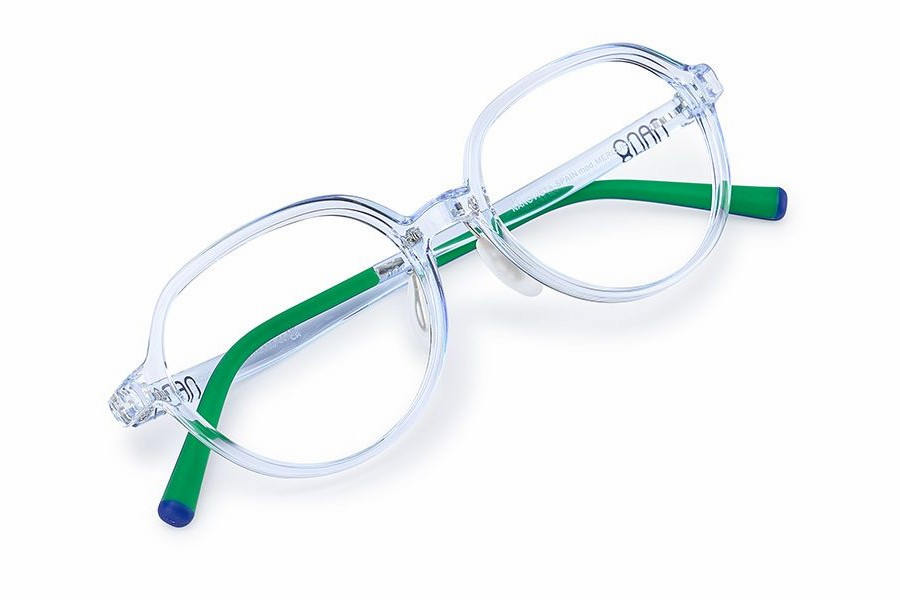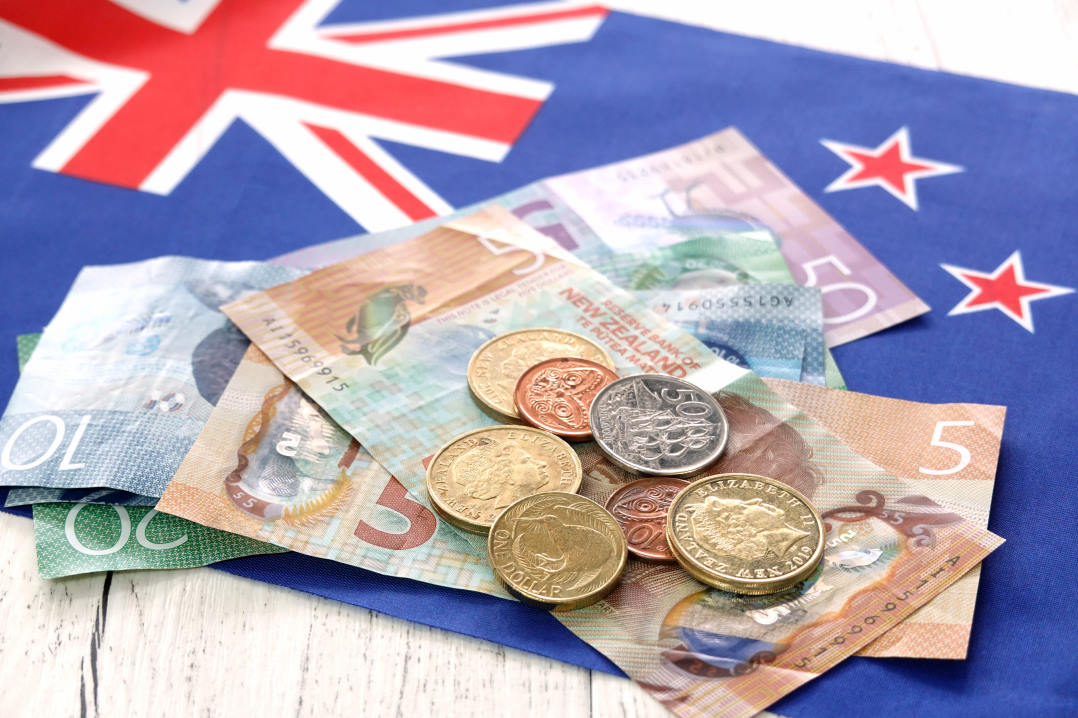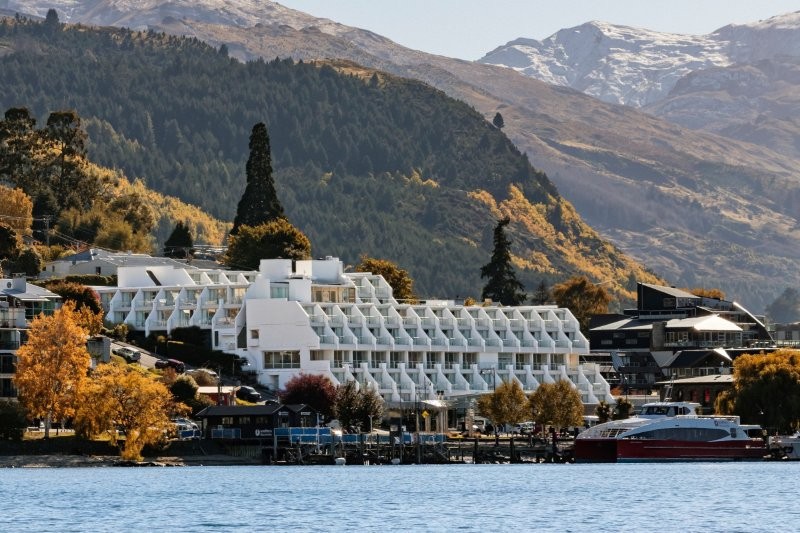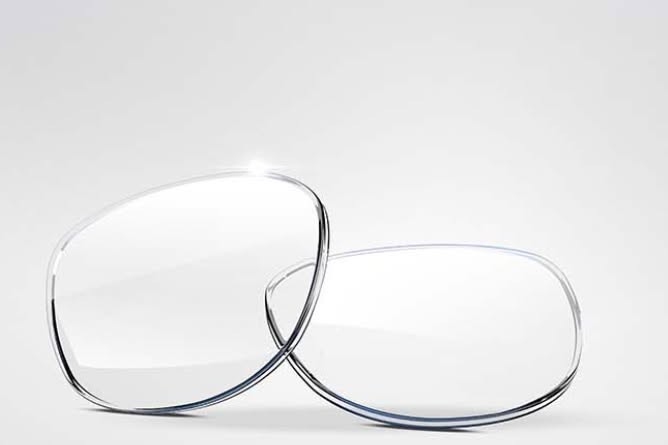Vanni’s sustainability efforts measured
Using Italian raw materials and local production means Vanni’s acetate glasses generate less than half the emissions compared to them being produced in Asia, reported the company. Vanni's second life-cycle assessment study was commissioned from sustainability adviser Liito and the Bicocca University of Milan. It also found the CO2 emissions generated from the production process of model V1632 (pictured) to be 2.35kg – well below the average reference values of the sector. If produced in Asia, the same glasses would have generated 4.45kg CO2 due to the high environmental impact of intercontinental transport, the report’s authors said.
The report also identified areas of improvement in the production process and transportation, which Vanni owners said there were committed to tackling in a step-by-step approach. This year’s activities include preparation for the installation of solar-powered electricity to reduce fossil fuel energy consumption, and the acquisition and set up of a charging station for electric cars. “We believe Vanni's ability to create wealth, which remains fundamental to the very life of the enterprise, should not be separate from a focus on the environment – creating beautiful and well-made products that limit their negative impacts on nature and placing people at the centre, be they our collaborators, suppliers or society at large,” said Vanni owners Giovanni Vitaloni and Alessandra Girardi.
For NZ distributor, see ‘Frames’ at https://www.nzoptics.co.nz/searchable-oig





















